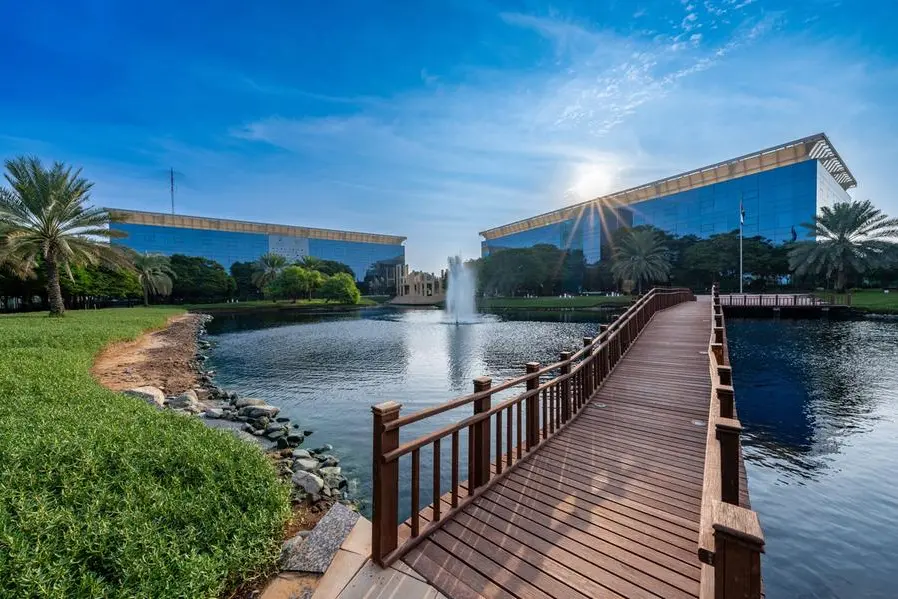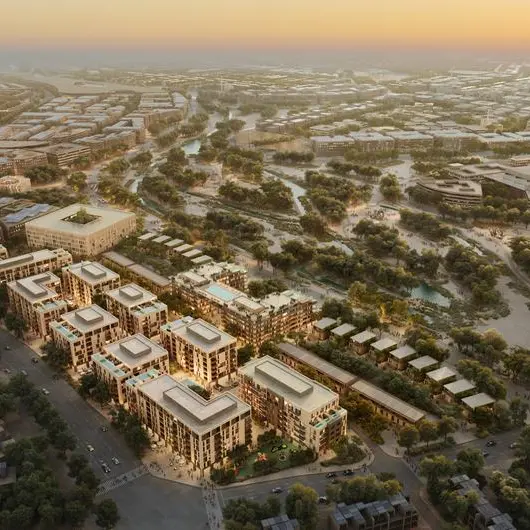PHOTO
Dubai Industrial City reported a robust annual growth in 2023 with 12 new F&B customers joining the district during the year, cementing its role as a proponent of advanced manufacturing and the regional circular economy.
The new F&B customers represent cumulative investments worth AED800 million, reflecting the appeal of Dubai Industrial City, one of TECOM Group PJSC’s 10 dedicated business destinations for six strategic economic sectors, to food manufacturers and innovators from around the world. Overall customer growth reached 17 percent during 2023, with more than 1,000 local, regional, and global manufacturing leaders, including F&B industry innovators and heavyweights, now based in the district.
The district’s leadership revealed this growth on the sidelines of Gulfood 2024, the world’s largest annual F&B trade exhibition held in Dubai on 19th-23rd February. The industrial hub is showcasing innovations from 10 customers including Patchi, Al Barakah Dates, and Barakat Quality Plus at the event, as well as spotlighting the crucial role of mobility in food security through its Make Brilliance global awareness campaign.
“Advanced manufacturing is the cornerstone of global food security, and it must be relentlessly promoted to ensure a sustainable food system for generations to come,” said Saud Abu Alshawareb, Executive Vice President of Industrial at TECOM Group PJSC. “A resilient circular economy can accelerate nutrition security by conserving resources and creating new economic opportunities, and we are proud to catalyse such win-win solutions for businesses, the environment, and future generations through the holistic ecosystem that is Dubai Industrial City’s F&B zone.”
More than 300 factories are operational at Dubai Industrial City, which was established in 2004 with an intelligent and sector-focused masterplan to foster collaboration and minimise waste reduction in the base metals, machinery, minerals, F&B, transport, and chemical sectors.
The district’s F&B zone, which spans 23.5 million sq.ft., is home to global and regional F&B industry giants such as Asmak, Barakat Quality Plus, and Silver Line Gate Group. Dubai Industrial City’s sector-specific infrastructure, including industrial lands, storage and logistics spaces, and cold-storage facilities, enables national socioeconomic and environmental mandates by supporting advanced agricultural practices and sustainable production.
“Strategies like Dubai Economic Agenda ‘D33’, Operation 300bn, and National Food Security Strategy 2051 are creating a future where food is abundant, accessible, and nutritious for all, and Dubai Industrial City’s commitment to this vision is unwavering,” said Saud Abu Alshawareb.




















